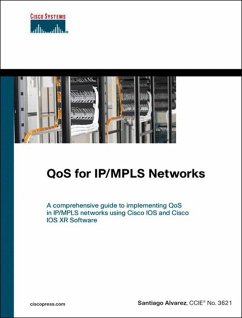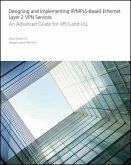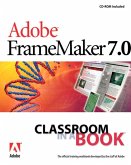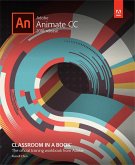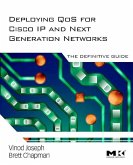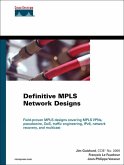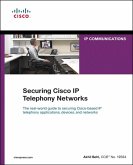- Understand IP QoS architectures and how they apply to MPLS
- Take a detailed look at traffic management using policing, shaping, scheduling, and active queue management
- Study Cisco QoS behavioral model and the modular QoS command-line interface (MQC)
- Learn the operation of MPLS TE with its DiffServ extensions and applicability as a traffic-protection alternative
- Find multiple configuration and verification examples illustrating the implementation of MPLS TE, DS-TE, and FRR
- Review the different designs, ranging from a best-effort backbone to the most elaborate scenarios combining DiffServ, DS-TE, and FRR
Quality of service (QoS) plays a key role in the implementation of IP and MPLS networks today. However, QoS can be one of the most complex aspects of networking. The industry efforts to achieve convergence have generated a need for increased levels of traffic differentiation. Today's networks need to meet an array of QoS requirements to support distinct applications (such as voice, video, and data) and multiple network services (such as IP, Ethernet, and ATM) on a single converged, multiservice network. QoS has therefore has become an integral part of network design, implementation, and operation.
QoS for IP/MPLS Networks is a practical guide that will help you facilitate the design, deployment, and operation of QoS using Cisco® IOS® Software and Cisco IOS XR Software. The book provides a thorough explanation of the technology behind MPLS QoS and related technologies, including the different design options you can use to build an MPLS network with strict performance requirements. This book discusses MPLS Traffic Engineering (MPLS TE) as a tool to complement MPLS QoS and enhance the performance characteristics of the network. You'll learn technology, configuration, and operational details, including the essentials facts about the behavior and configuration of the rich MPLS QoS and related MPLS TE functionality. To get the most out of this book, you should have a basic understanding of both IP and MPLS, including the basics of IP addressing and routing and the basics of MPLS forwarding.
Dieser Download kann aus rechtlichen Gründen nur mit Rechnungsadresse in A, B, BG, CY, CZ, D, DK, EW, E, FIN, F, GR, HR, H, IRL, I, LT, L, LR, M, NL, PL, P, R, S, SLO, SK ausgeliefert werden.

